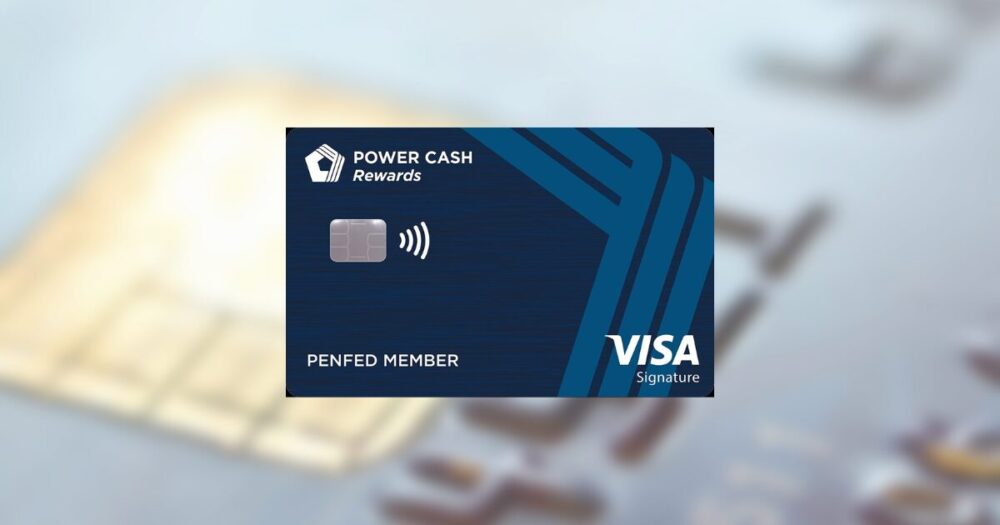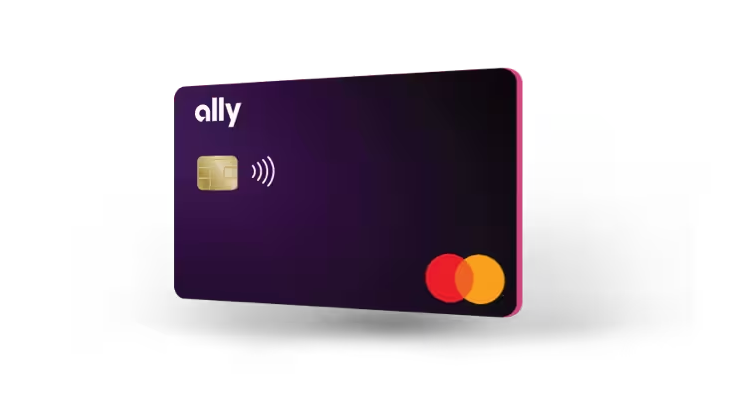The Impacts of Credit Cards on Personal Finances in Times of Crisis

Understanding the Impact of Credit Cards During Financial Crises
Credit cards serve as an essential financial tool for many Americans, particularly in times of economic uncertainty. Their advantages, such as immediate liquidity, can provide a lifeline during unexpected financial difficulties. For instance, if a vehicle breaks down or a sudden medical expense arises, credit cards enable individuals to access funds promptly without needing to deplete savings or rush into costly loans.
However, the flexibility that credit cards offer must be balanced with a cautious approach. During financial crises, interest rates often rise sharply, impacting the cost of borrowing. For instance, in the wake of the 2008 financial crisis and during the recent pandemic, many Americans encountered interest rates that could easily exceed 20% on credit card balances. Such high rates can lead to considerable financial strain if unable to pay off balances in full each month. Moreover, accumulating debt can lead to a vicious cycle, wherein consumers rely on revolving credit to cover essential living expenses, leading to a path of increasing financial insecurity.
Effects on Credit Scores
Another critical factor to consider is credit utilization, which refers to the amount of available credit being used. Experts typically advise keeping this utilization below 30% to maintain a healthy credit score. However, during economic downturns, many find themselves pushing their credit limits to manage daily expenses, which can have immediate and long-term effects on credit reports. A lower credit score not only affects current borrowing terms but can also limit future financial opportunities, such as home and car loans or even job prospects in certain industries.
A Psychological Perspective
The psychological burden that comes with debt can be overwhelming. Studies have shown that carrying credit card debt often correlates with increased levels of stress and anxiety. This can lead to poor decision-making, perpetuating a cycle of financial troubles. In extreme cases, individuals may resort to emotional spending to cope with their financial stress, further exacerbating their economic difficulties. Recognizing these patterns is essential for anyone navigating the challenges posed by credit card debt.
Practical Strategies for Financial Management
As we explore management strategies, it’s crucial to approach credit card use with a strategic mindset during crises. Budgeting is a fundamental practice; creating a detailed budget can help identify non-essential expenses to cut back on. It can also be beneficial to prioritize payments on high-interest debts first. Additionally, many financial experts recommend exploring opportunities for negotiation with credit card companies. In some instances, consumers might be able to secure lower interest rates or defer payments, alleviating immediate financial pressures.
By understanding both the pros and cons of credit card use, individuals are better equipped to navigate financial challenges. This knowledge empowers consumers to make informed decisions, ensuring that credit cards serve as a tool for financial stability rather than a source of stress. Ultimately, the right strategies, combined with awareness of personal financial health, can lead to a more secure future even in turbulent times.
DISCOVER MORE: Click here for detailed information
Navigating Financial Flexibility: The Double-Edged Sword of Credit Cards
In an era where unexpected expenses can arise at any moment, credit cards provide a much-needed financial cushion. For many Americans, these plastic lifelines are not merely about purchasing power; they represent an immediate solution to urgent financial dilemmas. According to the Federal Reserve Board, over 70% of adults have at least one credit card, and around 40% rely on them to help manage day-to-day expenses. However, while credit cards can be a source of financial flexibility, especially in times of crisis, they come with inherent risks that can exacerbate financial instability.
The allure of credit cards typically lies in their convenience, allowing consumers to access funds without immediate financial repercussions. However, this immediate access can lead to impulsive spending or overspending—patterns that often become more pronounced during financial crises when stress levels are elevated. In fact, a study by the National Endowment for Financial Education suggests that individuals under financial pressure are 30% more likely to make impulsive purchases compared to those in stable circumstances. This behavior can create a precarious cycle of debt that is difficult to escape.
The Cost of Relying on Credit
A critical aspect of managing credit card usage is understanding the long-term costs associated with high-interest rates. Many credit cards sporting promotional 0% interest rates ultimately reset to rates over 15%, with some even exceeding 25% after the introductory period. This increase can severely impact monthly repayments, making it challenging to maintain financial health. To illustrate further, consider the following:
- Assume Balance: If you carry a $5,000 balance at a 20% interest rate, you’re facing approximately $1,000 in interest per year if only making minimum payments.
- Piling Up Debt: Missing a payment could result in late fees or an interest rate hike, further compounding the financial burden.
- Financial Strain: For many, this cycle can lead to one borrowing from another credit source or accumulating more debt just to make ends meet.
This scenario illustrates why developing a keen understanding of the cost associated with credit usage is vital, particularly during turbulent financial times. Failing to recognize the implications of interest rates and payment cycles can result in critical missteps that could derail personal finances.
Consumer Behavior and Credit Card Usage
The psychological impact of credit card debt during crises extends beyond mere financial consequences. The stress associated with unmanageable debt can lead to significant mental health challenges. Increased anxiety and depression levels have been documented among those struggling to make ends meet while juggling credit obligations. As individuals grapple with their financial situations, it can lead to poor financial decision-making, including additional borrowing or impulse buying to find short-term relief from stress.
Understanding the complexities of credit card usage during crises is crucial in forging a path toward financial stability. Knowledge is not merely power; it becomes the guiding light that helps consumers navigate through the murky waters of debt management and budgeting, ultimately contributing to a more informed and sustainable approach to personal finances.
DISCOVER MORE: Click here to learn about eligibility and registration</p
The Hidden Costs of Credit Card Dependence
While credit cards can offer financial relief in times of crisis, their use often comes with hidden costs that can play a significant role in an individual’s financial recovery. One of the most concerning aspects of credit card dependency is the effect it can have on credit scores. According to FICO, your credit utilization ratio—which represents how much credit you are using versus how much you have available—can account for up to 30% of your overall credit score. Keeping a high balance can result in a high utilization ratio, which can lead to a drop in credit score. This, in turn, impacts one’s ability to secure loans for essential purchases like homes and cars at favorable rates.
Many consumers may not realize that missing even one payment can not only incur late fees but also negatively affect their credit scores. The ripple effects of these diminished scores can reverberate across all areas of one’s financial life, complicating future borrowing efforts and increasing costs over time. For example, Americans with lower credit scores often face higher interest rates on loans, which can accumulate to thousands of dollars in additional expenses over the life of a loan.
Navigating the Impact of Fees and Charges
Additionally, credit cards often come with various fees that can strain budgets during critical times. The Consumer Financial Protection Bureau estimates that the average cardholder pays approximately $1,500 per year in fees, including annual fees, late charges, and foreign transaction fees. These seemingly small charges can quickly add up, particularly during a financial crunch when individuals may be relying on their cards out of necessity.
- Annual Fees: Some credit cards come with hefty annual fees that can add a significant burden to users, particularly when consumers are already feeling financial strain.
- Cash Advance Fees: Accessing cash from credit cards often incurs high fees, plus higher interest rates that begin accruing immediately.
- Foreign Transaction Fees: While traveling or making purchases internationally, these fees can significantly inflate the total cost of transactions.
Being cognizant of these additional costs is crucial, especially when seeking to recover from financial hardship. Buckling down on credit card expenditures also requires disciplined cash flow management. Implementing strict budgets and setting aside funds for unexpected expenses can foster more sustainable spending habits.
Developing Financial Literacy for Long-Term Recovery
Amidst the turbulence of financial crises, an informed approach to credit card use can be transformative. Various resources, including financial education workshops and online courses, are designed to enhance consumers’ understanding of managing credit wisely. Armed with knowledge, individuals can make decisions that not only address immediate financial concerns but also set the foundation for future financial wellbeing.
Moreover, financial literacy can also empower individuals to explore alternatives to credit cards, such as personal loans or community assistance programs, which may offer more favorable terms during difficult times. State-sponsored initiatives and local nonprofit organizations also frequently provide resources and support for those seeking to improve their financial situation.
In essence, while credit cards can serve as a valuable tool in times of crisis, leveraging them responsibly necessitates an understanding of their complexities. By fostering strong financial practices, individuals can better tap into this resource without succumbing to the hidden pitfalls associated with credit card dependence.
DIVE DEEPER: Click here to learn more
Final Thoughts on Credit Cards in Crisis
Ultimately, credit cards can be a double-edged sword in times of financial distress. While they provide immediate access to funds and flexibility in managing cash flow, the potential for hidden costs and long-term consequences cannot be overlooked. Understanding how credit utilization impacts credit scores, as well as being aware of the myriad of fees associated with card usage, is essential to cultivating a healthy financial future.
As the Consumer Financial Protection Bureau suggests, the average American can find themselves paying significant fees that compound financial struggles, particularly during economic downturns. It is crucial to address these challenges head-on by practicing informed spending and budgeting techniques. By educating themselves on financial management—whether through workshops, online resources, or community programs—Americans can navigate the complexities of credit cards more effectively.
When faced with a crisis, exploring alternatives such as personal loans or community resources may yield more favorable options to relieve financial pressure without accruing additional debt. By fostering financial literacy and embracing sound budgeting practices, individuals can emerge from crises not only with greater resilience but also with a better understanding of how to harness credit cards as a financial tool rather than a potential trap. In this way, the lessons learned during tough times can pave the way for a more stable and prosperous financial future.



